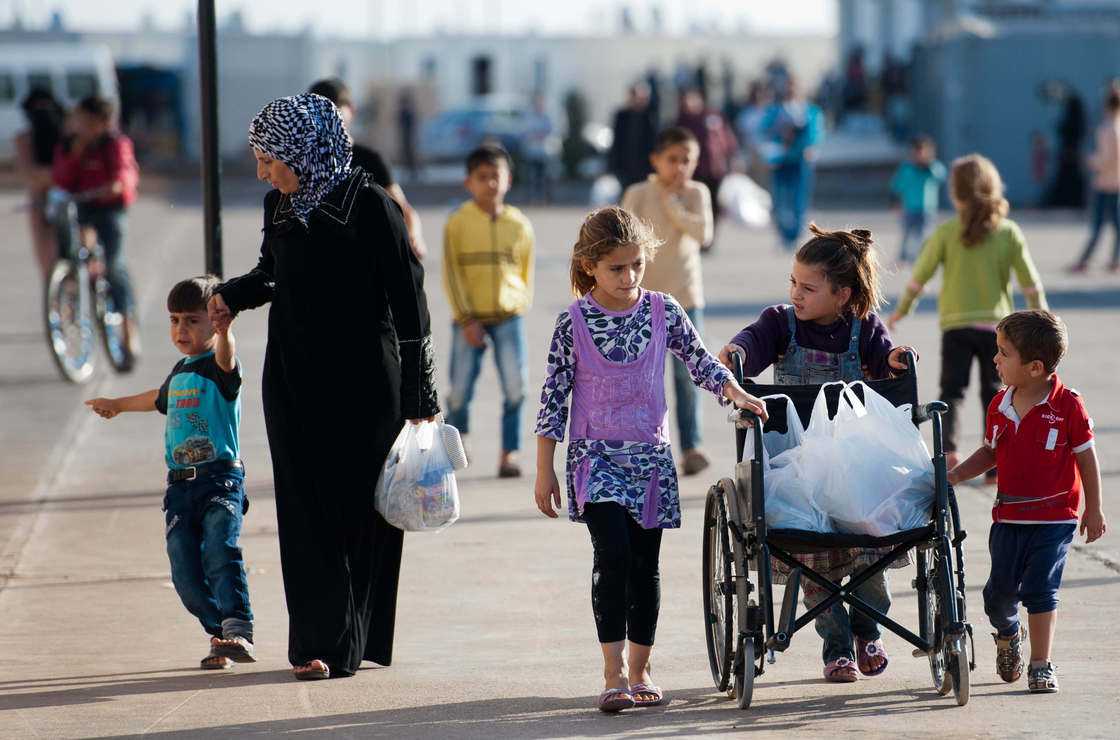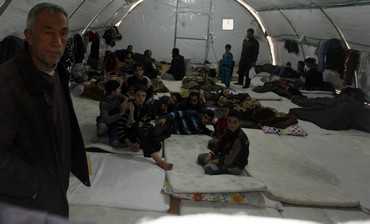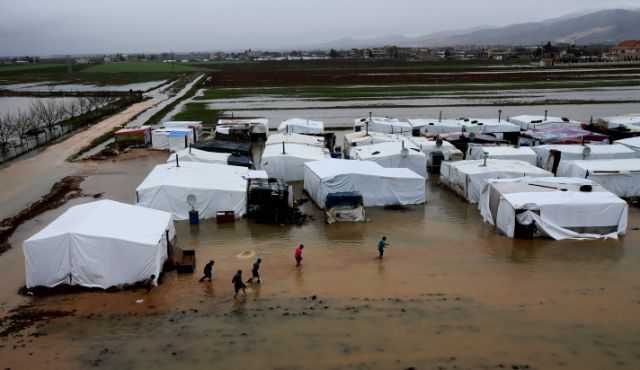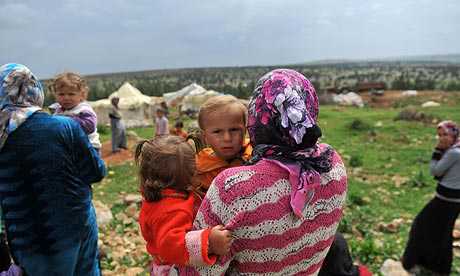Syria’s Permanent Representative to the UN Dr. Bashar al-Jaafari said that Syria has sought and will seek the legislation of arms trade due to the risk posed by illicit arms trade on international security and peace.
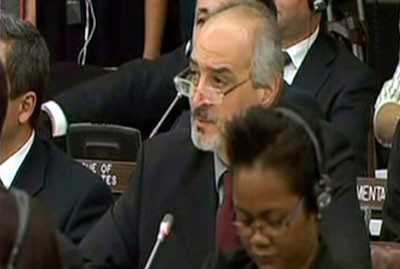 During the closing session of the UN conference on the arms trade treaty, al-Jaafari said that Syria opposes the current text of the treaty as it doesn’t address foreign occupation, the right to self-determination of people under occupation, and the crimes of aggression, in addition to not having a clear article on the absolute ban of providing weapons to terrorist elements and groups.
During the closing session of the UN conference on the arms trade treaty, al-Jaafari said that Syria opposes the current text of the treaty as it doesn’t address foreign occupation, the right to self-determination of people under occupation, and the crimes of aggression, in addition to not having a clear article on the absolute ban of providing weapons to terrorist elements and groups.
Al-Jaafari pointed out that Syria exerted big efforts to bring the delegations’ different points of view together to reach an unanimously draft of the arms trade treaty as the mission was not easy due to the deep differences among the member states.
He said ” My country’s delegation worked hard to reach an agreement that preserves the rights of all the countries and tried to approximate the points of view through holding several meetings with a number of delegations and through proposing a number of essential points which we want that the treaty to include as it becomes balanced.”
He added “My country opposes the current text of the treaty for the coming reasons:
First: The treaty ignored the proposals of a number of countries including Syria on the inclusion of a reference in the text to the foreign occupation and the inalienable rights of the people under the foreign occupation to self-determination, as the Israeli occupation still occupies Arab territories in the Syrian Golan, Palestine and Lebanon.
Second :The selectivity and transparency in the supervising procedures on armament don’t constitute a balanced and overall approach as it hinders the international community of committing to disarmament.
Third: the current teary is an interference in the Security Council’s affairs.
Fourth: The treaty is not unanimous as it doesn’t take into consideration the stances and views of a number of countries, among them Syria.
Fifth: The text doesn’t include a frank paragraph on the categorically ban of supplying weapons to the armed terrorist groups and members.
Al-Jaafari asserted that ignoring this dangerous issue which my country is suffering from due to providing the armed terrorist groups with arms by some countries is completely unacceptable by Syria as it is considered a flagrant violation of the international principles and charters with the aim of liquidating any hope of a political and peaceful solution to the crisis in Syria, based on the UN Security Council resolutions No. 2042 and 2043.
Sixth: The treaty ignored the identification section to tackle some ambiguity on some idioms which have been mentioned in the treaty.
Seventh: the text ignored an important issue that is the aggression crime which is unanimously identified and agreed on by the international community based on the UN General Secretariat Resolutions No. 3314 for 1974.
Al-Jaafari stressed that the objection of one delegation on the draft means that there is no consensus, adding that “We support consensus on a good treaty, not on an inapplicable treaty which would be used in the future to put pressures on some countries.
via Al-Jaafari: Syria opposes the current text of the Arms’ Trade Treaty.

